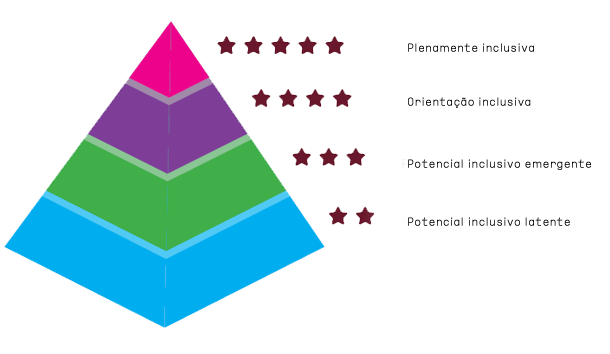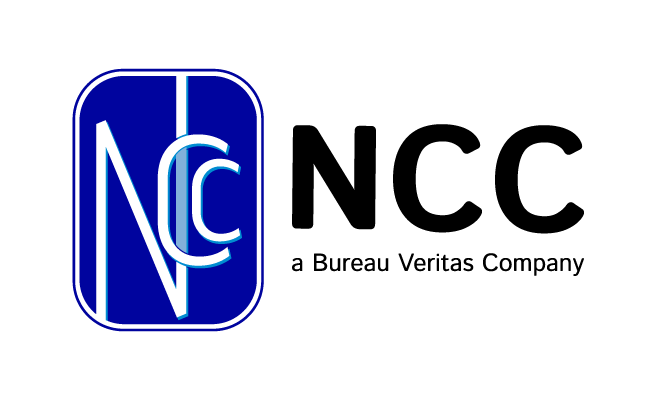Acting
NCC stands out for its competence and technical expertise in all conformity assessment activities, ensuring quality and safety.
ECOK
Olga Kos Citizen Scale – A voluntary certification scheme to measure social inclusion in the workforce.
What is the Olga Kos Citizen Scale?
The Olga Kos Citizen Scale (ECOK) is a voluntary certification scheme that assesses the practice of social inclusion in companies and public entities. Through the analysis of 5 variables, 20 indicators, and 37 requirements, ECOK measures the degree of inclusion, considering diversity in gender, age, disability, ethnicity, religion, nationality, sexual orientation, and other factors.
ECOK is the metric that evaluates the "S" in ESG, and its certification can be assessed by Cgcre of INMETRO using a methodology developed by the Olga Kos Institute. This process promotes a metrics-based approach to the social dimension within organizations.

Variables
- Architectural Variable: Elimination of environmental and physical barriers in the organization's environments and equipment.
- Attitudinal Variable: Perception without prejudice, stigmas, stereotypes, or discrimination in personal and professional relationships.
- Communicational Variable: Removal of barriers in interpersonal, written, and virtual communication.
- Methodological Variable: Elimination of barriers in guidance and instruction in training and capacity-building programs.
- Programmatic Variable: Represents the organization's mission, vision, and values, reflecting its commitment to inclusion.
Process Flow
1. Request
The organization applies for ECOK certification.
2. Critical Analysis
The request is critically analyzed to identify areas for improvement.
3. Audit Begins
An initial audit is conducted to assess inclusive practices.
4. Deliberation
The data is technically analyzed, and the classification is determined.
5. Data Analysis
The collected data is evaluated to measure compliance.
6. Evaluation
The organization is evaluated based on indicators and requirements.
7. Classification
A final classification is assigned according to the established criteria.
After the process stages, an inclusion level can be assigned, represented by the Olga Kos Inclusion Seal (SEIOK). In this scheme, the organization must meet 75% of the scale to receive the seal and certificate. The seal must be requested directly from the Olga Kos Institute, the holder of the scheme.

Source:IOK Research Department, 2021.
Levels
- Level I – Latent Inclusive Potential: Initial phase, with awareness and the need for change, but without effective actions. Validity: 1 year.
- Level II – Emerging Inclusive Potential: Inclusive purposes and values in the early stages of implementation. Validity: 1 year.
- Level III – Inclusive Orientation: Inclusive policies and actions already adopted by a large part of the organization. Validity: 1 year.
- Level IV – Fully Inclusive: Consolidated policies, implemented and monitored, with continuous improvement. Validity: 1 year.
Issuance of the SEIOK Certificate
Organizations that achieve **Level IV – Fully Inclusive** will receive the **Olga Kos Inclusion Seal** (represented by 5 stars) and the **NCC Certificate**, valid for one year, along with the right to use the **SEIOK**. If the required level is not met, the certificate will not be issued.
Recertification
ECOK recertification is not automatic. The interested organization must contact NCC to initiate a new evaluation process.
Benefits of the Olga Kos Inclusion Seal
The ECOK certification promotes:
- Commitment to social responsibility
- Continuous improvement in inclusive management
- Reduction of external controls and evaluations
- Increased competitiveness and improved institutional image
- Compliance with inclusion norms and standards
- Strengthening the concept of meritocracy





